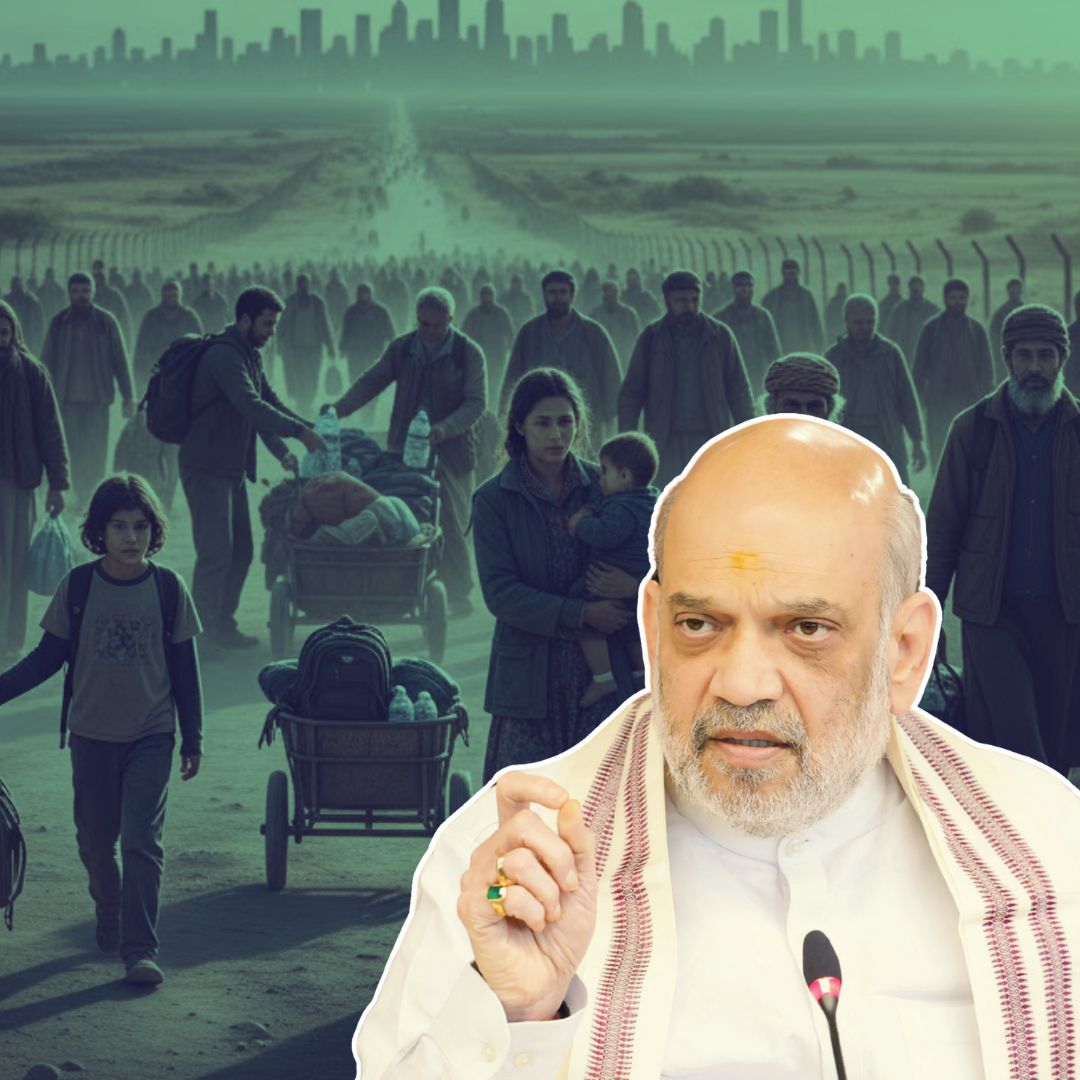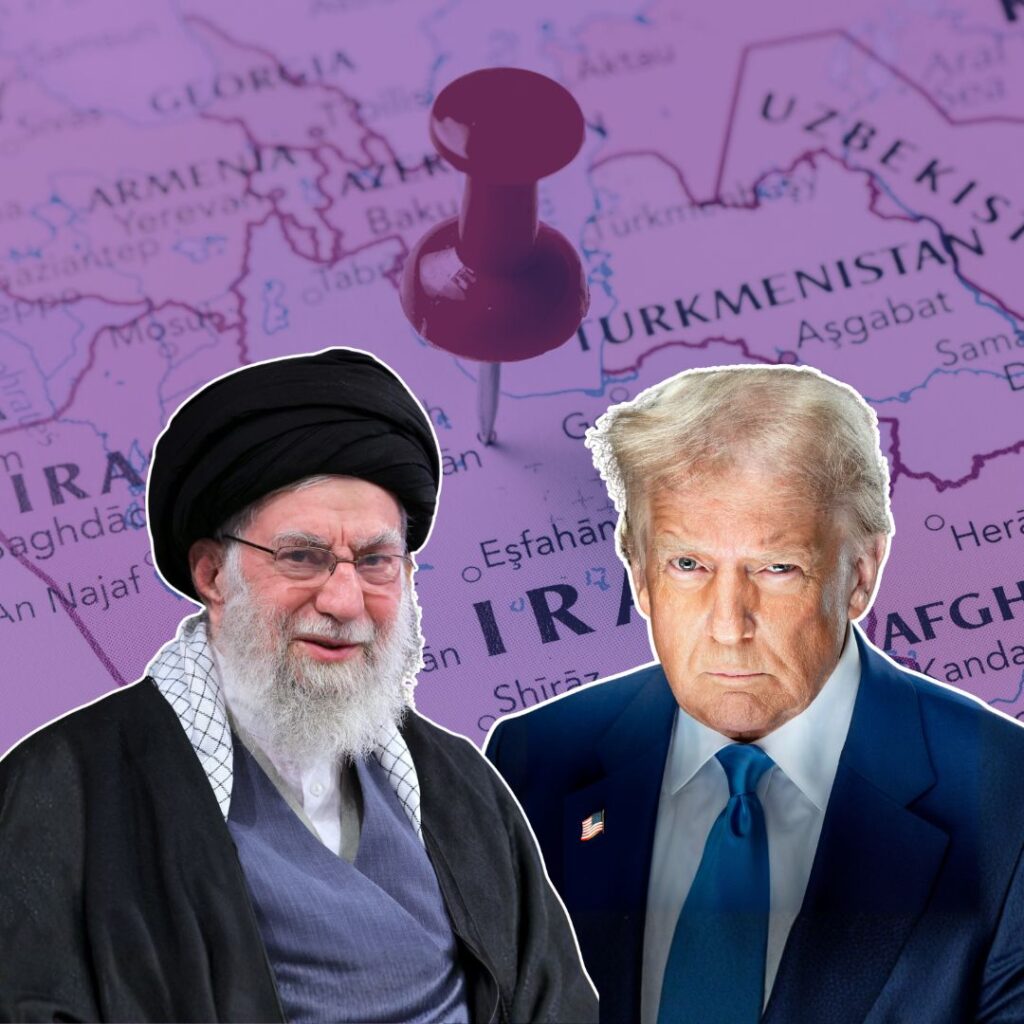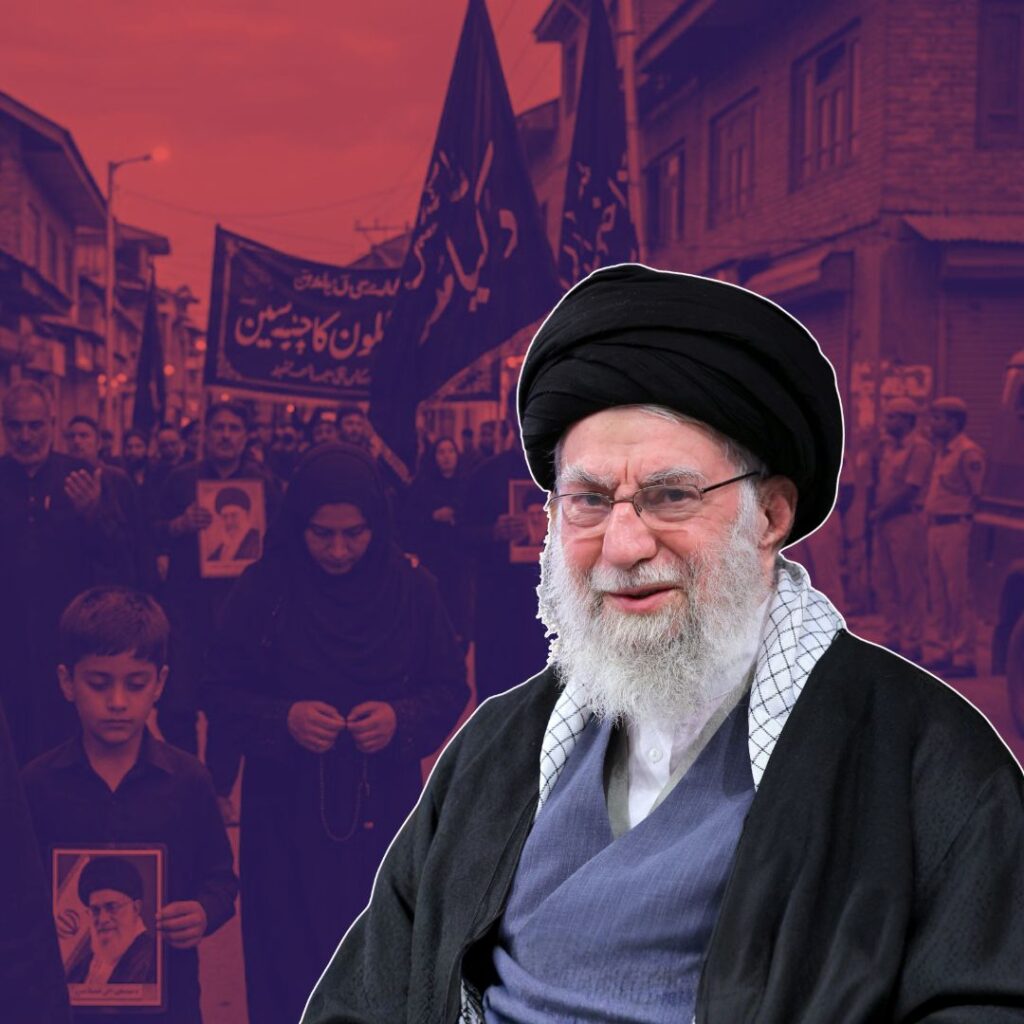Union Home Minister Amit Shah has drawn national attention with his assertion that the increase in India’s Muslim population is a result of “large-scale infiltration” from neighbouring countries such as Pakistan and Bangladesh. Speaking at a memorial lecture in New Delhi on 10 October 2025, Shah emphasised that Hindus fleeing persecution in these countries have a rightful place in India.
His comments have ignited widespread debate, prompting responses from government officials, opposition parties, and civil society groups concerned about the long-term implications for Indian identity, citizenship policies, and demographic balance.
1951 से 2011 तक की जनगणना में जो सभी धर्मों की जनसंख्या वृद्धि में असमानता दिखाई देती है, उसका प्रमुख कारण घुसपैठ है। pic.twitter.com/MMMyFjfWGS
— Amit Shah (@AmitShah) October 10, 2025
Amit Shah’s Address: Key Claims
Amit Shah’s remarks were delivered at the Narendra Mohan Memorial Lecture organised by Dainik Jagran, where he cited historic census data to illustrate a shift in India’s religious demographics. According to Shah, while the Hindu population fell from 84% in 1951 to 79% in 2011, the Muslim population increased from 9.8% to 14.2%. Shah attributed this change to the influx of migrants from across India’s borders, arguing, “This increase is not because of fertility rates; it is due to infiltration.”
He distinguished between refugees and infiltrators, stating that Hindus, Sikhs, Buddhists, and Christians who fled religious persecution should receive rights and protection under India’s Citizenship Amendment Act (CAA). “Hindus from Pakistan and Bangladesh have as much right to this land as I do,” Shah declared, reinforcing the government’s stance on minority rights for persecuted non-Muslim migrants.
जितना भारतवासियों का इस देश पर अधिकार है, उतना ही पाकिस्तान–बांग्लादेश के हिन्दुओं का यहाँ अधिकार है। pic.twitter.com/MA624dSgNn
— Amit Shah (@AmitShah) October 10, 2025
Anti-Infiltration 3D Policy: Detect, Delete, Deport
Shah also outlined the Modi government’s stringent “3D policy”, Detect, Delete, Deport, in tackling illegal immigration. This policy involves systematically identifying infiltrators, deleting their names from voter rolls to safeguard India’s electoral integrity, and ultimately deporting those who do not qualify for Indian citizenship.
Emphasising the grave impact of infiltration on national security and local employment, Shah explained that both central and state authorities are charged with implementing this policy, while a newly established high-powered Demographic Changes Mission will scientifically study migration patterns and demographic impacts. Government officials have underscored that these measures are not aimed at any single community but at enforcing legal standards and protecting national interests.
मोदी सरकार घुसपैठियों को Detect भी करेगी, मतदाता सूची से Delete भी करवाएगी और जहाँ से वे आए हैं, वहाँ उन्हें Deport भी करेगी। pic.twitter.com/zeUbV0ztXX
— Amit Shah (@AmitShah) October 10, 2025
Background: Citizenship Policy & Demographic Concerns
Shah’s revelations are set against a backdrop of ongoing policy debates about citizenship, identity, and immigration. The Citizenship Amendment Act (CAA), passed in 2019, marked a pivotal moment by granting citizenship to non-Muslim religious minorities facing persecution in Pakistan, Bangladesh, and Afghanistan.
Yet, implementation has sparked resistance in some regions and led to fears of exclusion among Muslim communities who see the policy as discriminatory and politically motivated. Recent incidents in border states, especially Assam and West Bengal, have renewed focus on electoral rolls and community rights amid claims of demographic shifts. Social activists argue that census figures must be interpreted thoughtfully and stress the importance of humane, inclusive approaches to sensitive population issues.
The Logical Indian’s Perspective: Dialogue and Unity
The Logical Indian urges all stakeholders to approach the debate with kindness, empathy, and commitment to peace. Population dynamics are shaped by complex historical, social, and economic factors and merit careful, fact-based analysis.
Citizenship should not be reduced to an instrument of division or discrimination, nor should communities feel threatened or alienated. Instead, transparent policymaking, data integrity, and protection of all vulnerable groups must guide India’s path forward.











